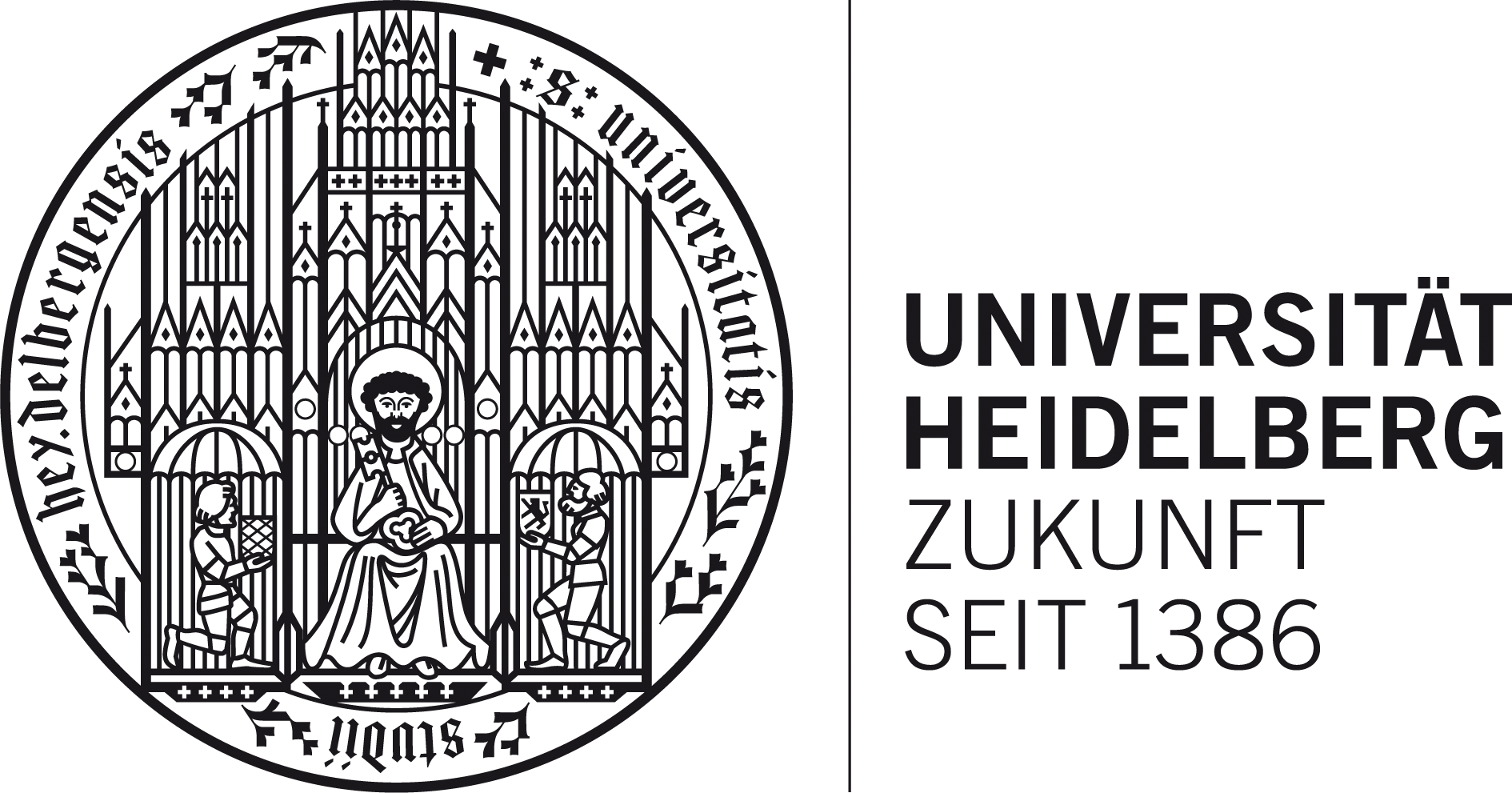Invited Talk: Morphological computation in neuro-muscular control of movement
Prof. Dr. Daniel Häufle, University of Heidelberg
2023/07/12
Currently, the biggest thrill in robotics for Daniel Häufle is seeing robots learn to interact with the real world. Robots are now able to walk in uncertain environments and deal with perturbations. While this is exciting to study and observe, Prof. Häufle asserts that biology solved these problems millions of years ago. Surprisingly, the principles behind these biological solutions remain not fully understood. Prof. Häufle's research aims to better understand the interaction between neuronal circuits, musculoskeletal dynamics, and the environment. To achieve this, his team develops computer simulations of neuro-muscular control and learning and translates their findings into robotic concepts. He also highlighted the relevance of this research for robotic assistance in neuro-rehabilitation.
About Prof. Dr. Häufle:
Daniel Häufle is a professor of Scientific Computing at the University of Heidelberg. His research group investigates how muscles and the nervous system interact to generate human movement and how this interaction may be impaired in neurological movement disorders. He studied physics and biomechanics in Jena, Germany, and Calgary, Canada. For his PhD, he worked in the Computational Biophysics & Biorobotics Lab of Syn Schmitt at the University of Stuttgart. With a Fulbright Scholarship, he visited the Robotics Institute at Carnegie Mellon University in Pittsburgh, USA. His habilitation in Computer Science at the University of Tübingen focused on the contribution of morphology to the control of biological movement. Before his appointment in Heidelberg, he led an inter-university research group between the Hertie Institute for Clinical Brain Research, University of Tübingen, and the Institute for Modelling and Simulation of Biomechanical Systems, University of Stuttgart.
